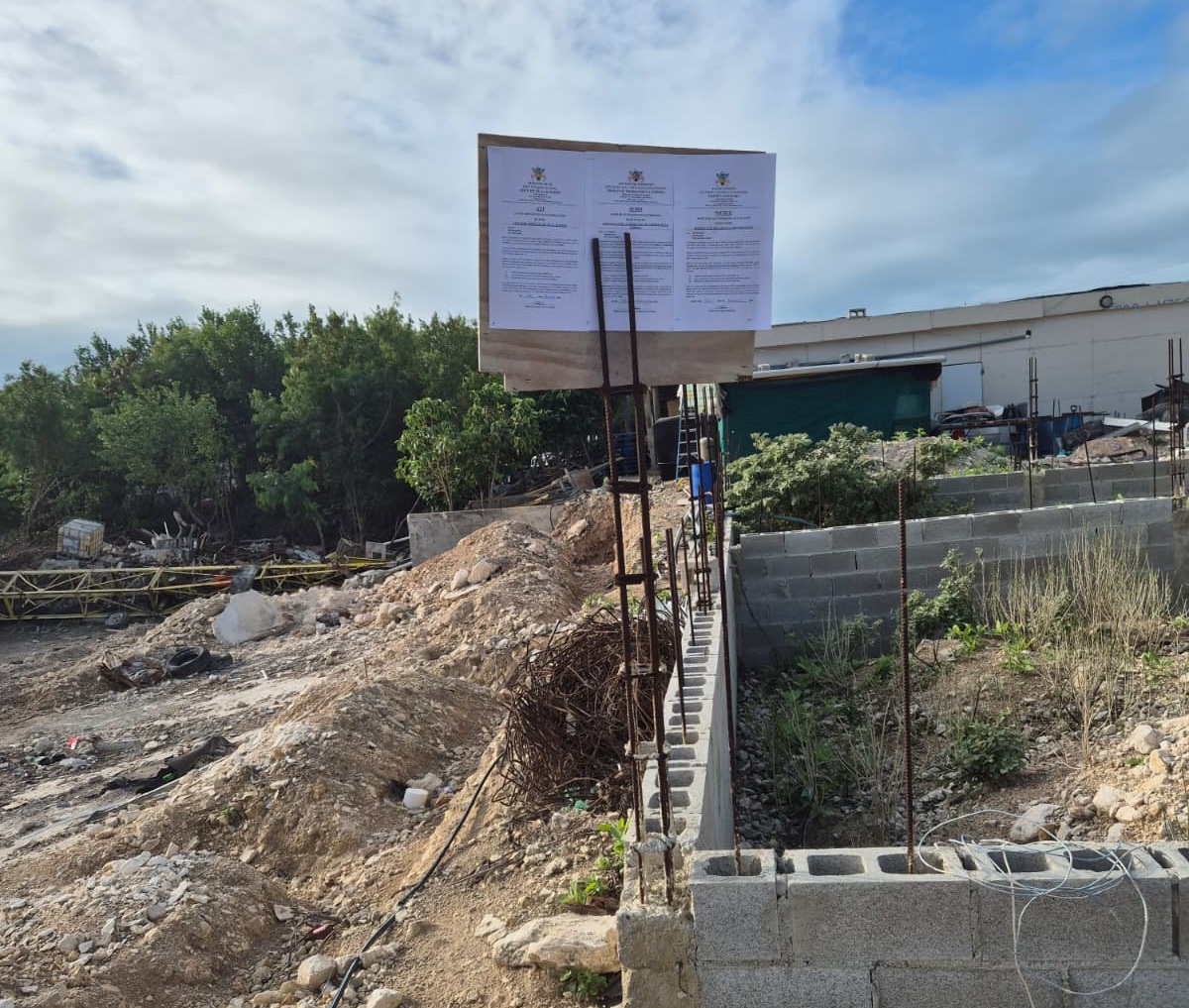Zhavargo Jolly
PNP All Island Candidate
Turks and Caicos, December 24, 2024 – The Turks and Caicos Islands have long embraced a “restricted/reserve category” for specific business licenses. This system was created to empower Turks and Caicos Islanders, providing a fair chance to compete in industries where expatriates often have the upper hand financially. These reserved categories, covering sectors like watersports and construction, were designed to keep critical economic opportunities within the local community. It is a vital part of our economic identity, protecting what is rightfully ours.
Yet, despite its noble intent, loopholes in this system have been exploited, threatening to dismantle its purpose and integrity.
The Exploitation of “Fronting”
One of the most egregious practices undermining this system is “fronting.” This scheme sees expatriates leveraging Turks and Caicos Islanders to appear compliant with the 51/49 ownership rule for restricted business licenses. On paper, locals hold the required majority stake in these businesses. But in reality, clandestine agreements strip them of true ownership and economic benefit.
These agreements, often drafted by lawyers, relegate the local partner to a token role, offering little to no profit share, no equity, and no decision-making power. Instead, the expatriate partner enjoys the bulk of the profits and control, while the local partner is reduced to a figurehead—sometimes in exchange for a small stipend. This manipulation undermines the law’s intent, depriving Turks and Caicos Islanders of the opportunities the system was meant to secure.
To illustrate, a recent audit revealed that in some restricted industries, more than 60% of businesses nominally owned by locals are controlled by expatriates through private agreements. This blatant exploitation not only drains wealth but also erodes trust in our institutions.
A Growing Crisis
Fronting is no longer an isolated issue; it has become a systemic problem. Some law firms have built lucrative practices on facilitating these exploitative arrangements, prioritizing profit over principles. These lawyers are complicit in selling out the rights of Turks and Caicos Islanders, encouraging foreign investors to exploit legal loopholes.
This betrayal has far-reaching consequences, eroding trust in the business community, widening economic inequality, and stripping locals of meaningful participation in their economy.
The Fallout for Turks and Caicos Islanders
The impacts of fronting are devastating and far-reaching:
- Loss of Economic Empowerment:Fronting drains financial resources from the local economy, leaving Turks and Caicos Islanders with no real stake.
- Erosion of Generational Wealth:By sidelining locals from business ownership, we deny future generations the opportunity to build and inherit wealth.
- Diminished Representation in Key Industries:Reserved industries are increasingly dominated by expatriates, marginalizing Turks and Caicos Islanders in sectors that were meant to belong to them.
This exploitation undermines the very essence of the restricted/reserve category, betraying the trust placed in the system to protect local interests.
A Call to Action
This cannot continue. To restore fairness and integrity to our business environment, decisive action is required:
Government Accountability
- Strengthen enforcement of restricted/reserve category regulations.
- Impose harsh penalties for businesses and individuals involved in fronting, including license revocation and legal consequences.
- Close loopholes that allow contracts to circumvent ownership rules.
Regulator Oversight
- Conduct thorough audits of businesses in restricted industries to ensure compliance.
- Mandate regular ownership and profit-sharing disclosures.
- Establish independent review panels to investigate complaints of fronting.

Legal Community Reform
- Develop ethical guidelines prohibiting the facilitation of fronting arrangements.
- Hold law firms and lawyers accountable for enabling these schemes, including sanctions or disbarment for violations.
Reclaiming Our Economic Future
The restricted/reserve category represents more than just a regulatory framework—it symbolizes the right of Turks and Caicos Islanders to thrive in their own land. Allowing exploitation to persist robs us of that right and diminishes our economic potential.
The time for change is now. We must demand accountability from all stakeholders, enforce our laws, and protect our birthright. By closing these loopholes and fostering a culture of fairness, we can ensure that Turks and Caicos Islanders are the rightful beneficiaries of opportunities in reserved industries.
Together, we can secure a future where local entrepreneurs thrive, generational wealth is built, and the spirit of Turks and Caicos Islanders is empowered to flourish for generations to come.


 Bahamas News1 week ago
Bahamas News1 week ago
 Bahamas News1 week ago
Bahamas News1 week ago
 Health1 week ago
Health1 week ago
 News5 days ago
News5 days ago
 Caribbean News16 hours ago
Caribbean News16 hours ago

























